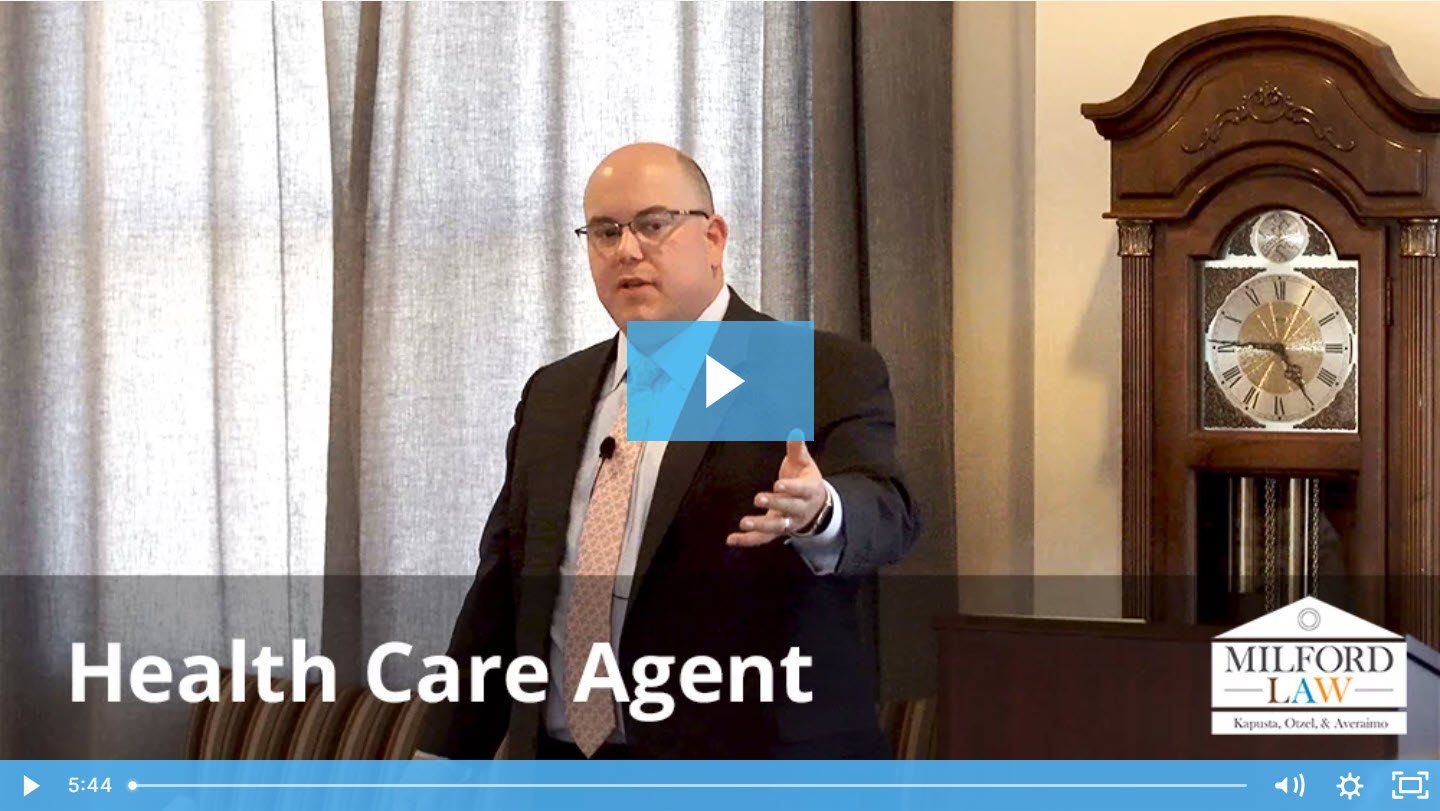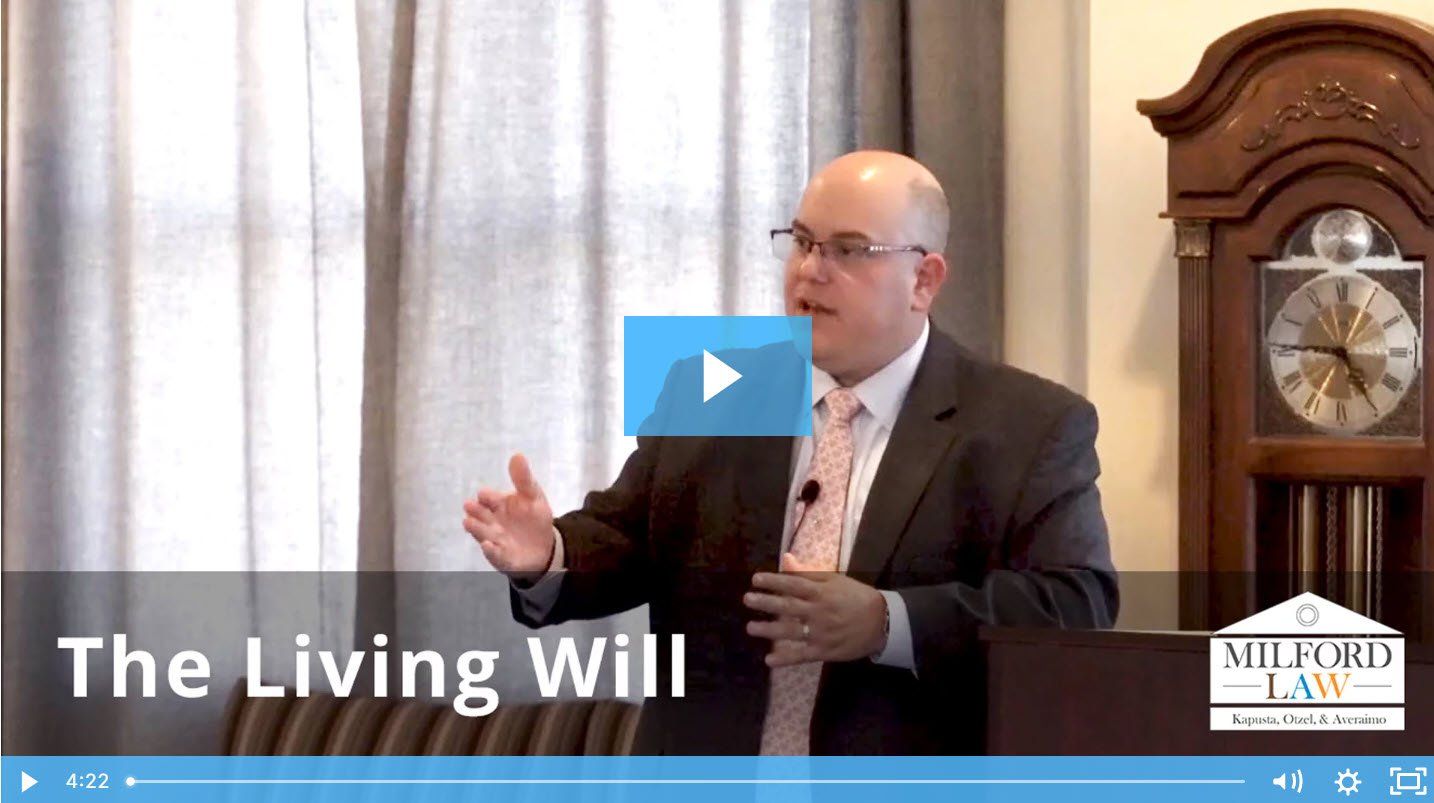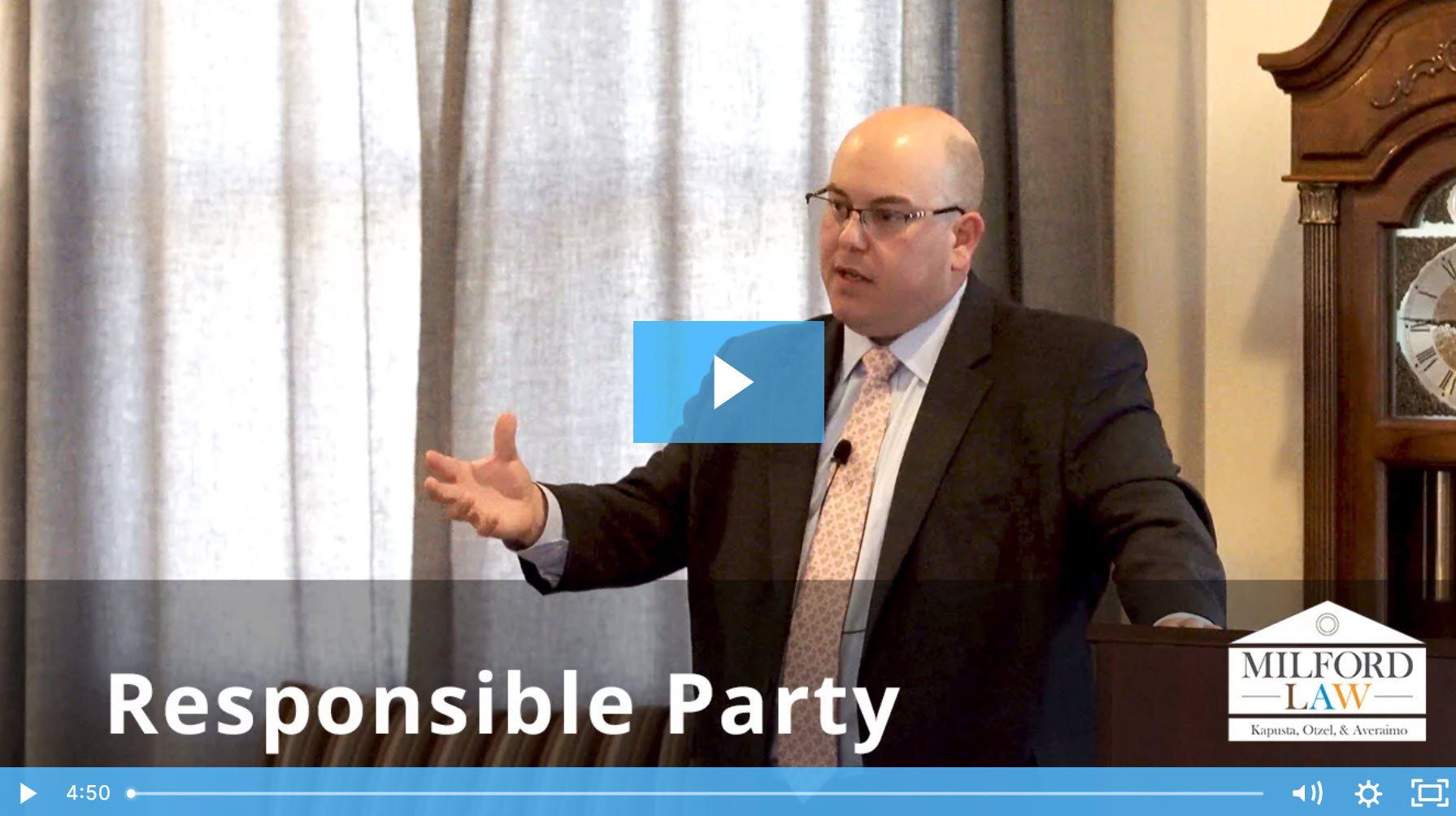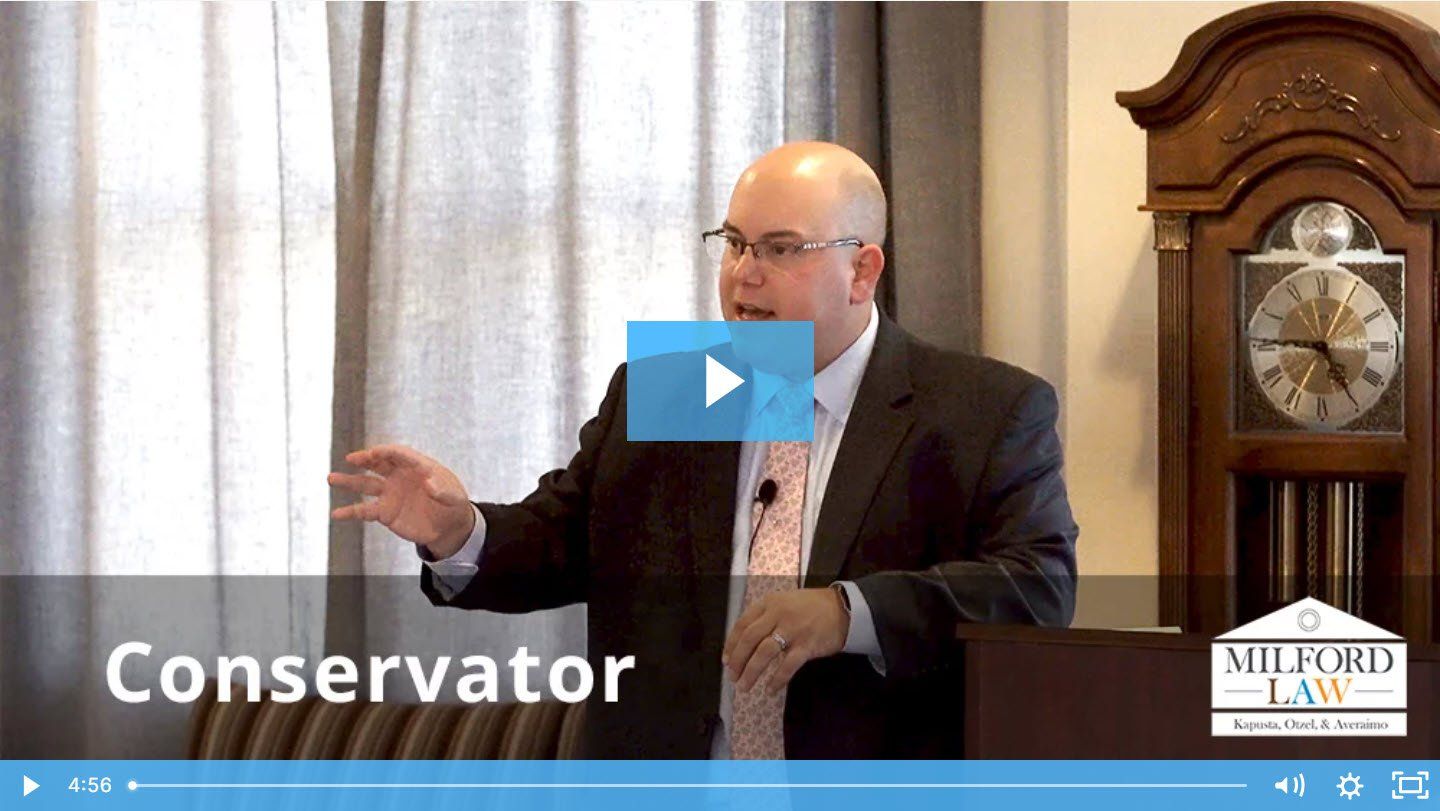Don’t forget the “Crypto”
Many today forget to include cryptocurrency in their estate plan; and it is a big mistake because it can be lost forever.
In the past, we have had numerous conversations with clients about being sure that all assets are included in their estate plan. We have discussed how these assets should be held, whether or not these assets have properly named beneficiaries and for items such as safety deposit boxes, do you have the proper information available for your loved ones to be able to access same after your death.
As technology and even the economy evolves, one new topic has become the passing of cryptocurrency. Cryptocurrency is a digital currency in which encryption techniques are used to regulate the generation of units of currency and verify the transfer of funds operating independently of a bank. Many of you have probably heard of bitcoin. Bitcoin is a type of digital currency in which a record of transactions is maintained and new units of currency are generated by the computational solution of mathematical problems operating independently from a bank. In other words, you can’t go into a “Crypto bank” and withdraw funds.
Many today forget to include cryptocurrency in their estate plan; and it is a big mistake because it can be lost forever. Look at the company QuadrigaCX. It owes customers $190 Million dollars and they cannot access most of the funds because the company failed to hold same in an accessible “wallet” and/or failed to provide a “key.”
Check out the
article here:
The moral of the story – be sure to include all assets in your estate plan and more importantly make sure that access can be easily achieved by your loved ones. Without the proper planning all of your efforts to leave a legacy will be stuck in limbo.
Milford Law Articles












